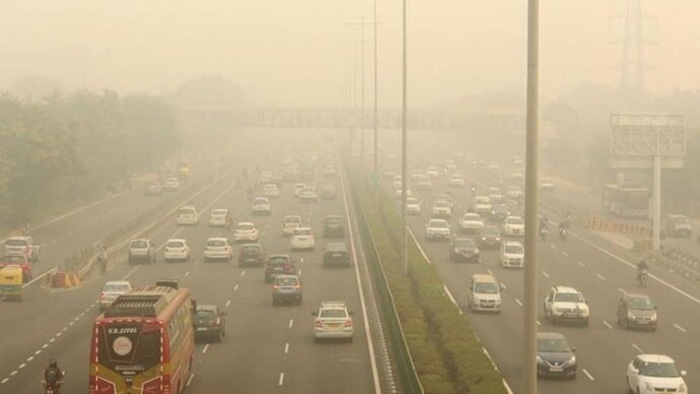After staying in the “moderate” category for nearly a fortnight, Delhi’s air quality is likely to deteriorate to the “poor” category by the weekend, and trigger Stage 1 of the Graded Response Action Plan (Grap), officials said.
Measures under the revised Grap, which is implemented every year in phases from October 1, did not come into effect in the National Capital Region (NCR) yet, as Delhi’s air quality index (AQI) remained below the threshold of 201. Stage 1 comprises 27 measures, including shutting down construction and demolition sites over 500sqms but are not registered with the government on its “web portal” for dust management and periodic mechanised sweeping and water sprinkling on roads.
Delhi’s 24-hour average AQI was recorded at 177 (moderate) on Thursday. Though the AQI has gone up by only one unit as compared to Wednesday’s reading of 176 (moderate), there has been a gradual deterioration over the last few days, as the temperature began to drop and the number of farm fires started increasing across the northern plains. Delhi’s AQI on Tuesday was 155 and 146 on Monday.
Like last year, the Commission for Air Quality Management (CAQM), which enforces Grap, said it will rely on the Early Warning System (EWS) for Delhi to take pre-emptive action. However, a CAQM official said even though they take pre-emptive action based on EWS forecasts for Stages 2, 3 and 4, they have to wait for the AQI to cross 200 and touch the “poor” category to enforce Stage 1 measures.
EWS’s forecast shows the AQI is likely to be “moderate” on Friday, before touching “poor” on Saturday. “Based on the AQI on Saturday, measures under Stage 1 could be enforced. The CAQM sub-committee on GRAP will hold regular meetings, based on forecasts,” a CAQM official said.
Experts said a drop in mercury, which slows down dispersion of pollutants combined with a rise in farm fires, has started to impact AQI. “This makes it difficult for pollutants to disperse. The northwesterly winds are bringing pollutants to Delhi,” said Dipankar Saha, former head of CPCB’s air laboratory.

